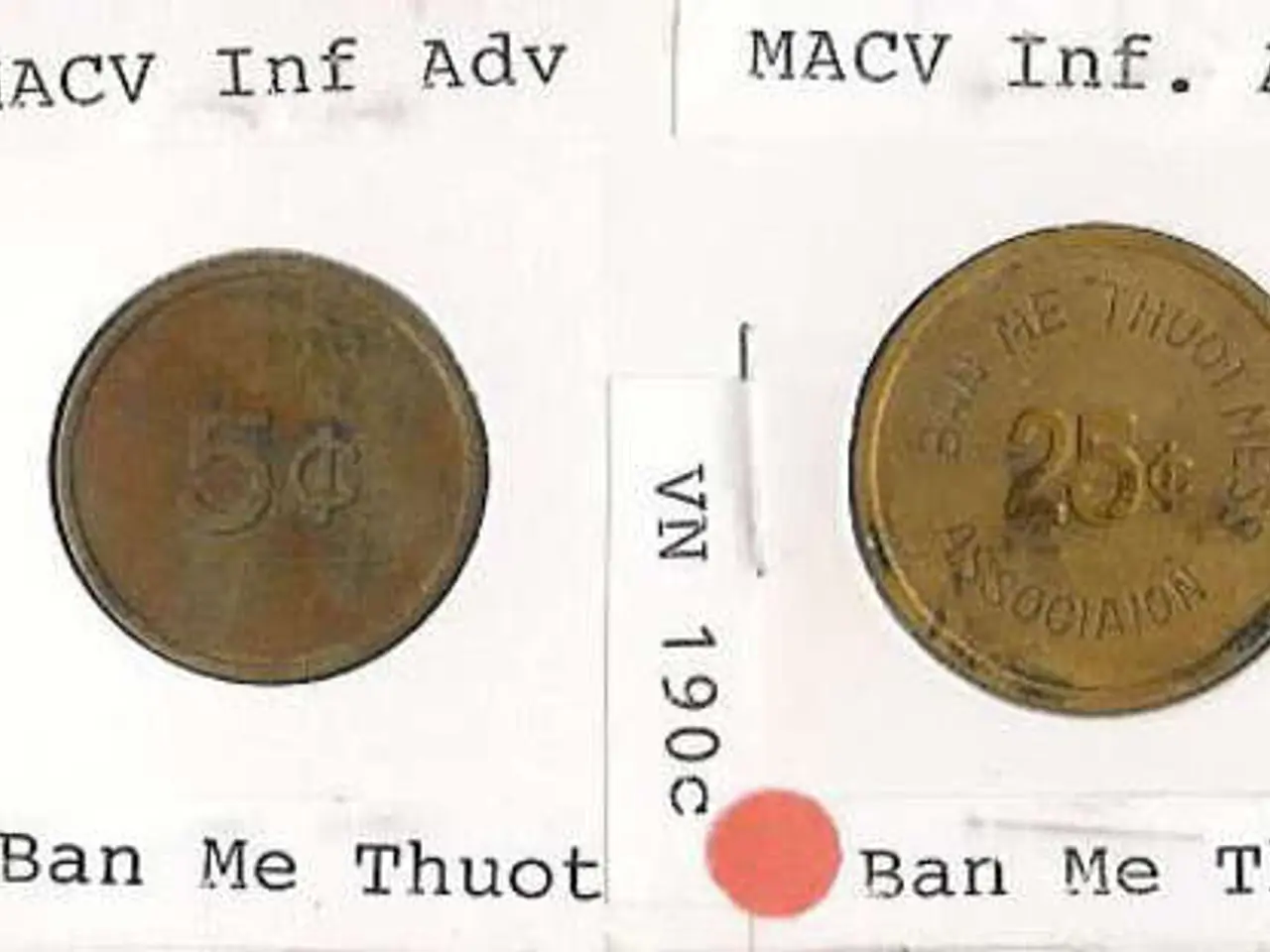Is VW considering a shift to a shortened work week?
In a significant shift for the automotive industry, Volkswagen's main plant in Wolfsburg, Germany, is set to end Golf production by 2027, marking the end of an era that has seen the model as a cornerstone of the plant's identity for 50 years. However, this change is not a sign of decline, but rather a strategic move towards becoming a hub for affordable, high-volume electric vehicles (EVs) in Europe.
Volkswagen is committed to a rapid, large-scale electrification strategy across its core European brands, and the Wolfsburg plant is expected to play a central role in this shift. With the Golf's departure, Wolfsburg will focus on the next generation of Volkswagen's electric vehicles, including an all-electric, entry-level model specifically developed for Europe, which is set to debut in 2027.
The new model is a key part of the "Brand Group Core" initiative, aiming to bring compact, inexpensive EVs with a target price around €20,000 to European consumers. The plant's production lines will be retooled to accommodate this new generation of EVs, leveraging Volkswagen's internal development of core e-mobility technologies.
Innovation and sustainability are at the heart of this transformation. Volkswagen is investing in next-generation manufacturing, including digitally controlled production processes and advanced automation. The Group is also working with partners like Valeo and Mobileye to introduce advanced driver assistance systems in upcoming MQB platform vehicles, which will include the new electric models. Sustainability is a major theme, with commitments to climate-neutral production and green electricity supply across VW plants.
The transition to EV production is framed as essential for the plant's long-term viability and job security. As Golf production winds down, the workforce will be retrained for EV assembly and the new, more technology-intensive manufacturing processes. Volkswagen has assured workers that prioritizing the electric future is vital for the plant's survival, signalling that Wolfsburg will not be mothballed but transformed.
Daniela Cavallo, the works council chairwoman, recommends working as many overtime hours as possible to fill employees' hour accounts before 2027 and aims to keep net losses for employees as small as possible during the transition phase. However, the suggestion of a four-day week and working overtime may not be well-received by plant employees.
In the long term, the electric models ID.3 and Cupra Born will be produced in Wolfsburg, along with the electric versions of the Tiguan and Tayron. The VW main plant in Wolfsburg will be rebuilt for the new group-wide electric platform (SSP), with two of the four assembly lines converted to SSP. The potential departure of the VW Golf from Wolfsburg is causing concern among employees, but the company is reassuring them that the plant's future is electric and central to VW's European operations.
In line with its strategic shift, Volkswagen's Wolfsburg plant, previously known for Golf production, will transition from the internal combustion era to become a hub for affordable, high-volume electric vehicles (EVs) in Europe's finance industry. The plant's commitment includes the production of an all-electric, entry-level model specifically developed for European consumers, which is set to debut in 2027, marking a significant evolution for the transportation industry.




